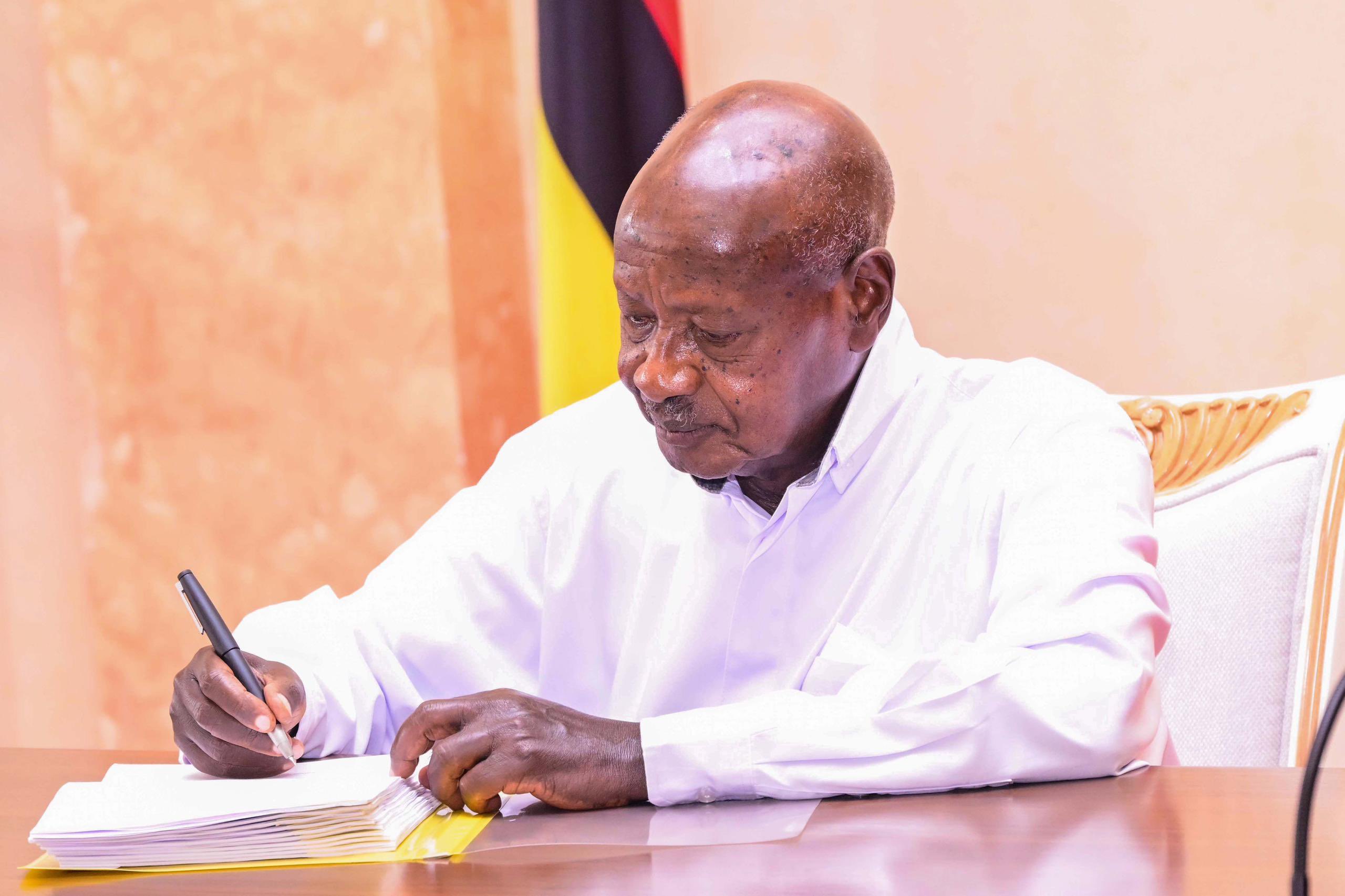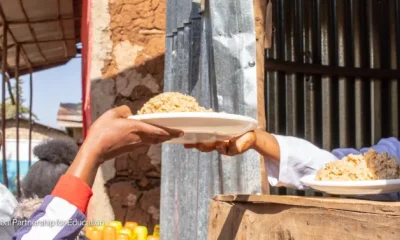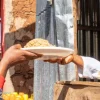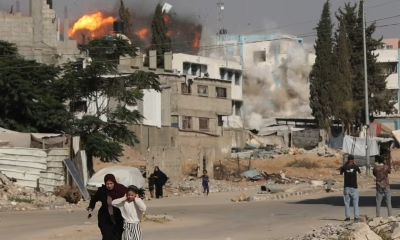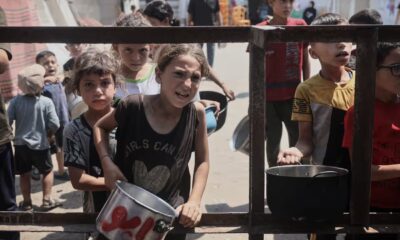News
Museveni Speaks Out on Balaalo Crisis in Northern Uganda, Orders Orderly Livestock Movement and Respect for Locals
President Yoweri Kaguta Museveni has addressed the nation with a firm statement on the contentious issue of the Balaalo (nomadic cattle keepers) in Northern, North-Western, and Eastern Uganda, condemning their unlawful conduct and reaffirming the government’s commitment to safeguarding land rights, public order, and inter-community harmony.
In a detailed communication released Sunday evening, the President responded to growing public outcry and what he termed as “lies and distortions” circulating on social media regarding the presence and behaviour of Balaalo herders in various regions of the country.
Museveni outlined several key concerns, notably the illegal grazing of livestock on other people’s crops, a practice locally known as kwonesa, which he said violates both patriotic values and the constitutional freedoms of Ugandans.
“Is that part of patriotism of a united Uganda? Is that part of the freedom of movement of Ugandans within Uganda?” Museveni asked rhetorically, denouncing the encroachment on farmlands by Balaalo cattle.
The President faulted Balaalo herders for introducing cattle in areas without proper fencing, lacking permanent water sources, and even blocking community access to public resources like the Nile River. He emphasised that while some of the herders may have legal land claims, their conduct, particularly the destruction of crops and disregard for community routes, is unacceptable.
He clarified that legal land ownership does not excuse one from public responsibility. “Whether you legally bought or rented the land, you have no right to kwoneseza people,” he said, adding that even legitimate transactions must be conducted in ways that do not inflame local tensions.
The President also criticized what he called the “patriotic disorder” of some Balaalo who have occupied government ranches meant for livestock breeding projects, creating resentment among local communities and disrupting national programs.
A sharp rebuke was directed at those who facilitate or fail to regulate cattle movement. Museveni questioned whether proper cattle movement permits (ebaruha y’okufuruka) had been issued, and whether due diligence was followed to ensure the destination areas were prepared to handle livestock without causing conflict or disease spread.
Addressing accusations of tribal bias behind recent Executive Orders, Museveni rejected the notion, saying his actions target only “illegal and irrational actors,” not law-abiding Ugandans. He gave an example of a Munyoro woman farming fruits in Nwoya who is appreciated by the locals due to her lawful and cooperative behaviour.
Highlighting the sensitivity of the situation, Museveni also pointed out that even local Northerners have traditional mechanisms for livestock-related disputes, such as tying up offending animals and demanding fines. However, these methods have become ineffective when some Balaalo allegedly respond with arrogance and armed backing, necessitating presidential intervention.
The President’s statement is a clear message to both the Balaalo and those in positions of authority that lawlessness, impunity, and disrespect for local communities will not be tolerated, even in the name of internal migration or land rights.
He concluded by reaffirming his commitment to unity, legality, and rationality, warning that any group that defies these principles will face state intervention.
Comments



